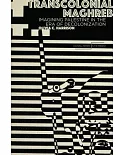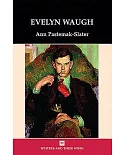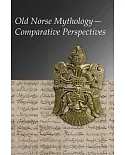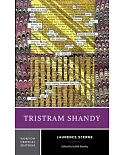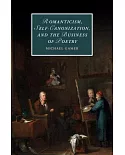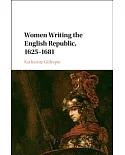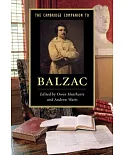This book explores the poetics of literary defences of women written by men in late-medieval and early-modern France. It fills an important lacuna in studies of this polemic in imaginative
literature by bridging the gap between Christine de Pizan and a later generation of women writers and male, Neo-Platonist writers who have recently all received due critical attention. Whereas
male-authored defences composed between 1440 and 1538 have previously been dismissed as "insincere" or "mere intellectual games," Swift formulates reading strategies to overcome such critical
stumbling blocks and engage with the particular rhetorical and historical contexts of these works. Edited and as yet unedited texts by Martin Le Franc, Jacques Milet, Pierre Michault, and Jean
Bouchet-catalogues of women, allegorical narratives, and debate poems-are brought together and analysed in detail for the first time in order to explore, for example, how such works address the
misogynistic spectre of Jean de Meun's Roman de la rose.
The book seeks to understand the contemporary popularity of the case for women (la querelle des femmes) as literary subject matter. It investigates the publication history across this period,
from manuscript to print, of Le Franc's Le Champion des dames. Swift further aims to show how these texts hold interest for modern audiences. A nexus of theoretical concerns centred on
performance - Judith Butler's gender performativity, Derrida's re-working of Austin's linguistic performativity through spectrality, and dramatic performance - is enlisted to articulate the
interpretative engagement expected by querelle writers of their audience. The reading strategies proposed foster a nuanced and enriched perspective on the question of a male author's
"sincerity" when writing in defence of women.


